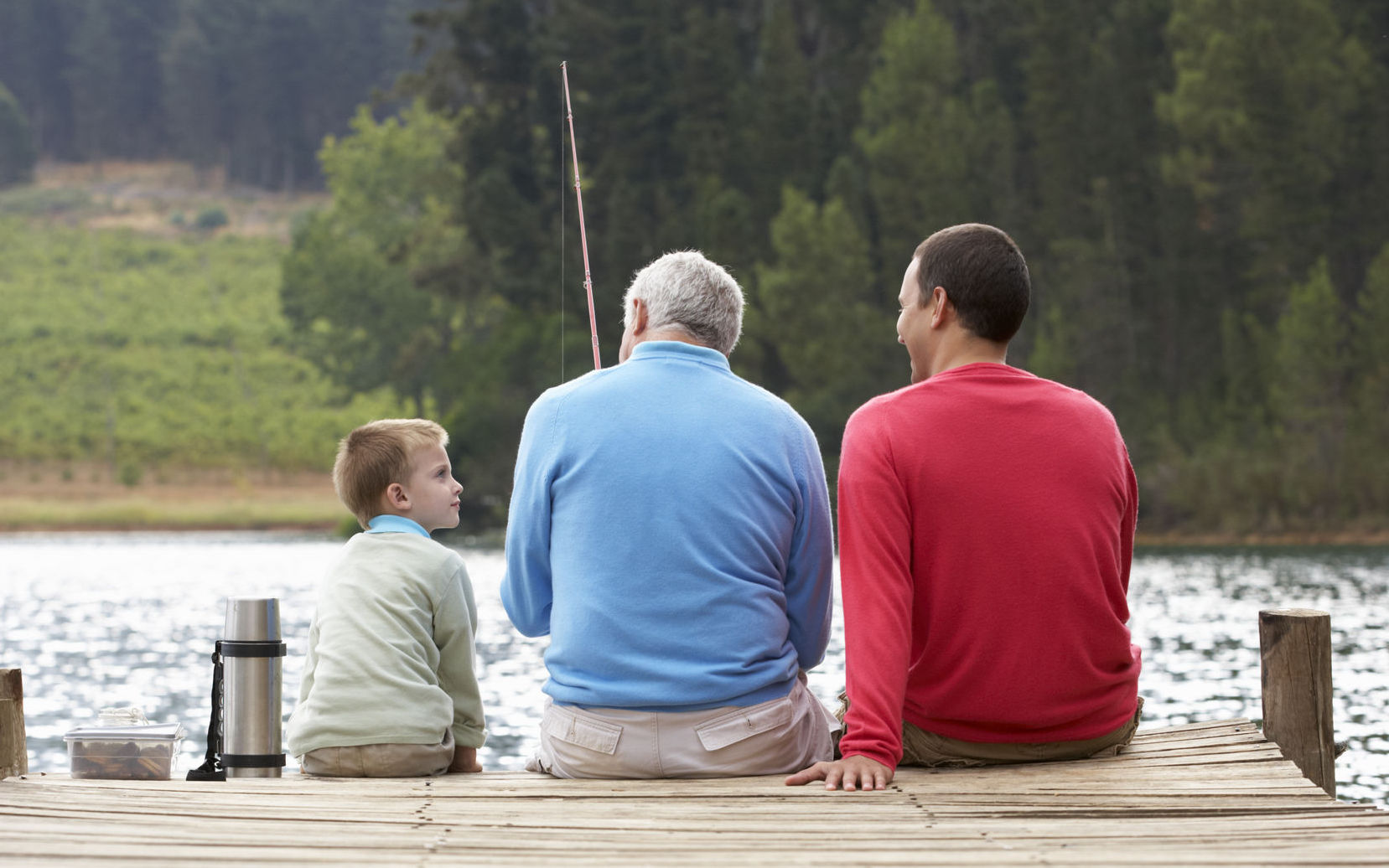There’s No Such Thing as a Common Response to Sexual Abuse
No two children will respond the same way to having experienced sexual abuse. Depending on their age, understanding, the relationship with the abuser, the extent and length of time in which they were abused, their support system, etc. there are a variety of factors that will all affect their sense of self, ability to trust and form positive relationships, and life-long mental health and productivity.
Take Care of You
It is important to acknowledge and work through your own emotions so that you do not unintentionally add stress or pass on negative thoughts to the child survivor. It is also important not to minimize the impact of the abuse, so the child does not feel like their feelings don’t matter or that they’re expected to forget. It can be a fine line to balance between acknowledging the seriousness of what has occurred and promoting a sense of resilience and healing.
Be Prepared for a Fallout
Not all people have the moral courage to accept that sexual abuse could happen to a child they know or by the actions of someone they respect. Unfortunately, it is not uncommon for a family to break apart or even an entire community, due to the unwillingness of some to prioritize the innocence of a child over strongly-held assumptions of another person’s character. When people choose denial, they will often point the finger at the child, the protective parents, and anything else to avoid accepting the reality of the situation.
Sexual Abuse Does Not Necessarily Mean a Life Sentence of Suffering
While sexual abuse is an absolutely despicable act, it does not have to mean that those victimized are beyond healing and living a productive, happy life. Being surrounded by people who believe and will defend them, having access to therapy and examples of resiliency can make a lasting impact.
Encourage Self Expression
Talk therapy can be a great tool for healing, but it’s not the only way we can help children heal. It is also important for children to have other outlets to channel their emotions, maintain a positive connection with their body, and know a safe space where they can be themselves without fear of judgment or pressure. Whether it’s art, writing, yoga or kickboxing, horseback riding or spending time volunteering at an animal shelter, it is important for children to find ways to connect to the greater world around them.
Expect Triggers and Setbacks
As children mature their view and understanding of the abuse they experienced is likely to change. New experiences, relationships, foods, sounds, even words may trigger feelings of anxiety as the body tries to work through the past trauma and things they associate with feeling unsafe.
Respect and Promote Autonomy
When possible and in their best interests, allow the child to make decisions on things that affect their life. Respect their wishes when it comes to discussing their abuse and healing. Some children may feel empowered to be open about what happened and wish to become advocates. Others, especially if they were young when the abuse occurred, may feel violated to know a parent has been talking about their experience without their consent. It is important to allow the child to be in charge of how and when they wish to tell their story.
Connect With Support Groups
There are various support groups for parents and children of families who have experienced sexual abuse. Knowing you and they are not alone can be a very positive and healing experience.





